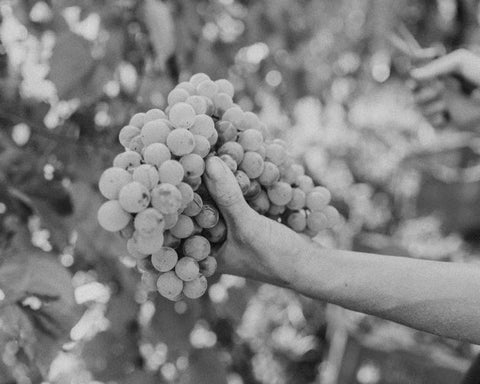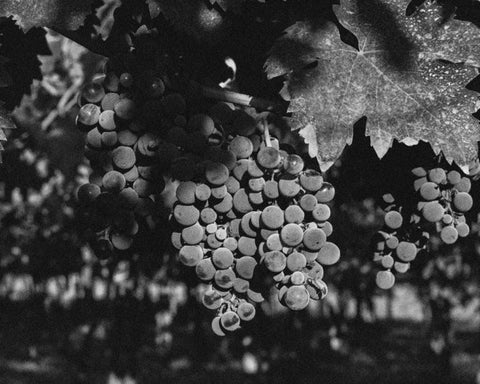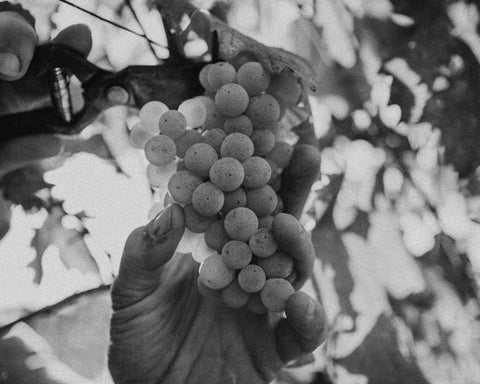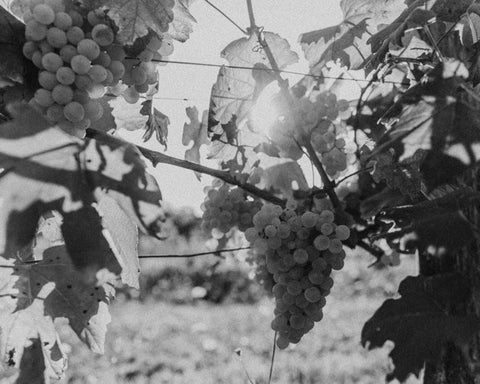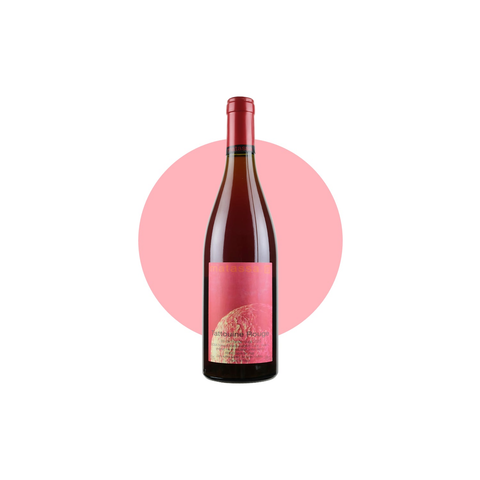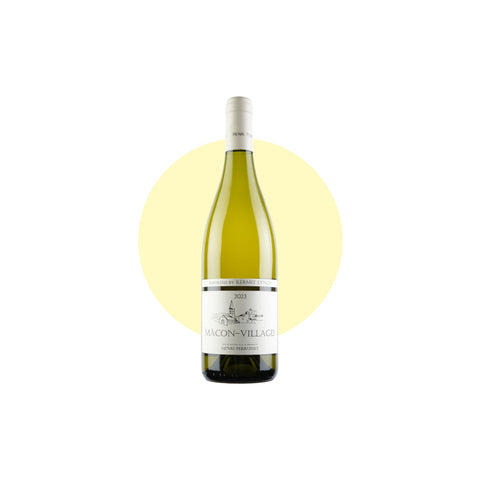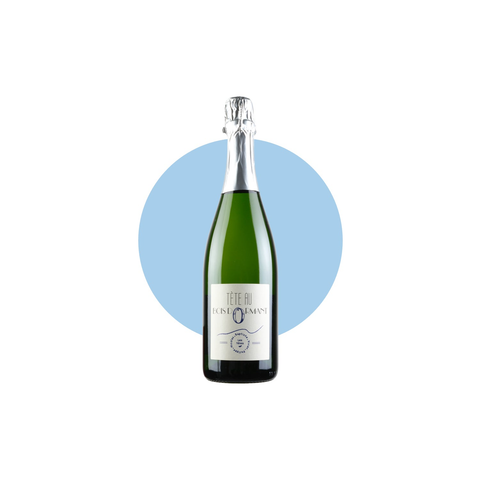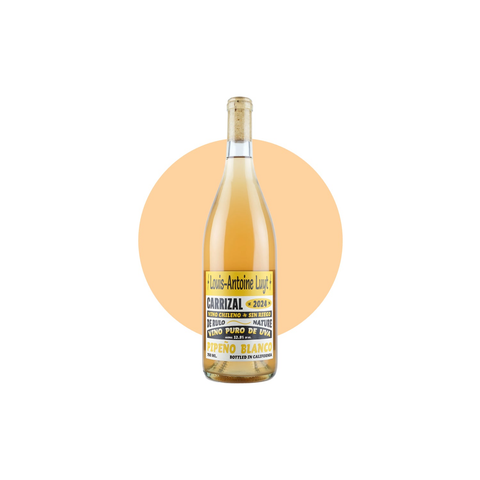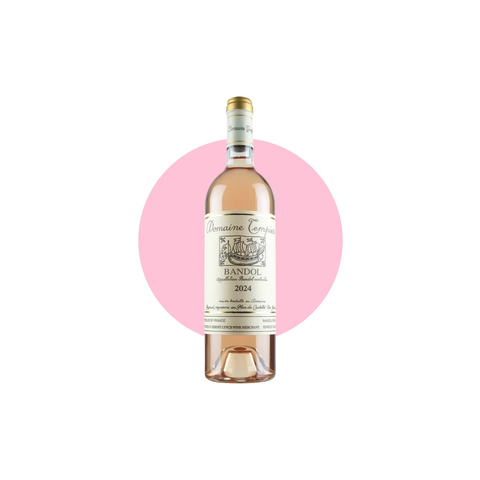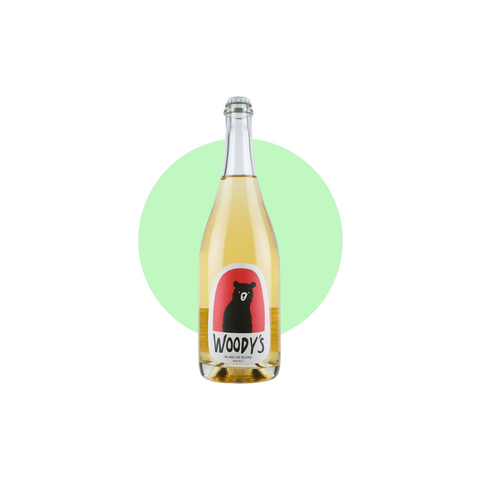Valais, nestled in the heart of the Swiss Alps, is Switzerland's largest wine-producing region. Despite its alpine location, Valais boasts a surprisingly warm and dry microclimate, making it an ideal setting for viticulture. The region is known for its diverse range of grape varieties, including many indigenous Swiss grapes, and its stunning vineyard landscapes set against a backdrop of snow-capped mountains.
Valais is characterized by its unique geography and climate. Located in southwestern Switzerland, along the Rhône River valley, the vineyards are planted on steep, south-facing slopes. The region is protected by high Alpine peaks, creating a rain shadow effect that makes Valais one of the driest regions in Switzerland, with only about 600mm of annual rainfall. The climate features significant diurnal temperature variations, which are beneficial for grape ripening. Additionally, the Föhn winds help to keep the vineyards dry and free from disease, contributing to the overall health of the vines and the quality of the grapes produced.
Viticulture in Valais has ancient roots, with evidence of winemaking dating back to Roman times. Throughout the Middle Ages, monastic orders played a crucial role in developing viticulture in the region. The 19th century saw the introduction of new grape varieties and modern winemaking techniques. However, the industry faced a significant challenge with the phylloxera crisis in the late 19th century, which led to replanting and reorganization of vineyards. The 20th century was marked by the establishment of wine cooperatives and a focus on quality improvement. In recent decades, there has been a renewed interest in indigenous grape varieties and terroir-driven winemaking, further enhancing the region's reputation for unique and high-quality wines.
Valais is home to a wide array of grape varieties, both indigenous and international. Chasselas, known locally as Fendant, is the most widely planted white grape. Other important white varieties include Petite Arvine, an indigenous variety producing aromatic, full-bodied wines, and Amigne, often used to make sweet wines. Among red grapes, Pinot Noir is the most planted variety in Valais, often blended with Gamay in the Dôle appellation. Indigenous red varieties like Cornalin, known for its robust, spicy character, and Humagne Rouge, which produces lighter-bodied, elegant wines, are gaining recognition. Syrah also thrives in the warm Valais climate, producing full-bodied reds that showcase the unique terroir of the region.
Valais produces a diverse range of wines that reflect its varied terroir and grape varieties. Fendant, a crisp and refreshing white wine made from Chasselas, is perhaps the most well-known. Dôle, a blend of Pinot Noir and Gamay, sometimes with other red varieties, is a popular red wine. The aromatic white Petite Arvine, with its distinctive grapefruit notes, has gained international recognition. Amigne de Vétroz can range from dry to sweet, often with a hint of tangerine. Among red wines, Cornalin stands out with its full-bodied character and notes of cherry and spice. Heida (also known as Païen), a white wine made from Savagnin, offers floral and spicy notes, while Ermitage, made from Marsanne, produces rich, full-bodied whites.
Valais cuisine is hearty and flavorful, perfectly complementing the local wines. The famous Raclette, a melted cheese dish, pairs wonderfully with Fendant. The region's dried meat products, known as Viande séchée, are excellent when enjoyed with Cornalin or Humagne Rouge. Cholera, a traditional vegetable and cheese pie, pairs nicely with Petite Arvine. During the autumn, Brisolée, a meal of roasted chestnuts served with local cheeses and meats, is a perfect match for Dôle. For dessert, the local apricot tart is delicious when accompanied by a sweet Amigne.
Wine Tourism
Valais offers excellent opportunities for wine tourism. The Chemin du Vignoble (Vineyard Trail) is a 66-km hiking and cycling route that winds through the region's picturesque vineyards. Throughout the year, numerous wine festivals take place, with Vinea in Sierre being one of the most prominent. Many wineries welcome visitors for tours and tastings, providing insight into local winemaking practices. The Vine and Wine Museum in Sierre and Salgesch offers a deep dive into the region's viticultural history. Wine enthusiasts can easily combine their oenological explorations with visits to picturesque mountain villages and world-class ski resorts, making Valais a year-round destination for wine and nature lovers alike.
Notable Producers
Valais boasts several respected wine producers who have helped elevate the region's reputation. Marie-Thérèse Chappaz is renowned for her biodynamic wines and work with rare varieties. Domaine Jean-René Germanier is known for innovative winemaking and consistently high-quality wines. Simon Maye & Fils produces excellent Syrah and other varieties that showcase the best of Valais terroir. Domaine des Muses has gained recognition for creating exceptional wines from indigenous grapes. Cave Caloz, a family-run winery, is respected for its organic and biodynamic practices. Provins Valais, the largest wine producer in Switzerland, offers a wide range of wines that represent the diversity of the region.
Traditions and Curious Facts
Valais is home to several unique viticultural features and traditions. It boasts Europe's highest vineyard, Visperterminen, situated at 1,150 meters above sea level. The region cultivates over 50 different grape varieties, showcasing its diversity. Many Valais vineyards are so steep that they can only be worked by hand, a testament to the dedication of local vignerons. Interestingly, the world's smallest registered vineyard, the "Vigne à Farinet," measuring just 1.618 square meters, is located in Valais. During the Fête du Vigneron in Vevey, visitors can witness the traditional "barrique" (wine barrel) race, a celebration of the region's winemaking heritage.
The Valais wine region, with its unique Alpine terroir, diverse grape varieties, and long winemaking tradition, offers a fascinating exploration of Swiss viticulture.
